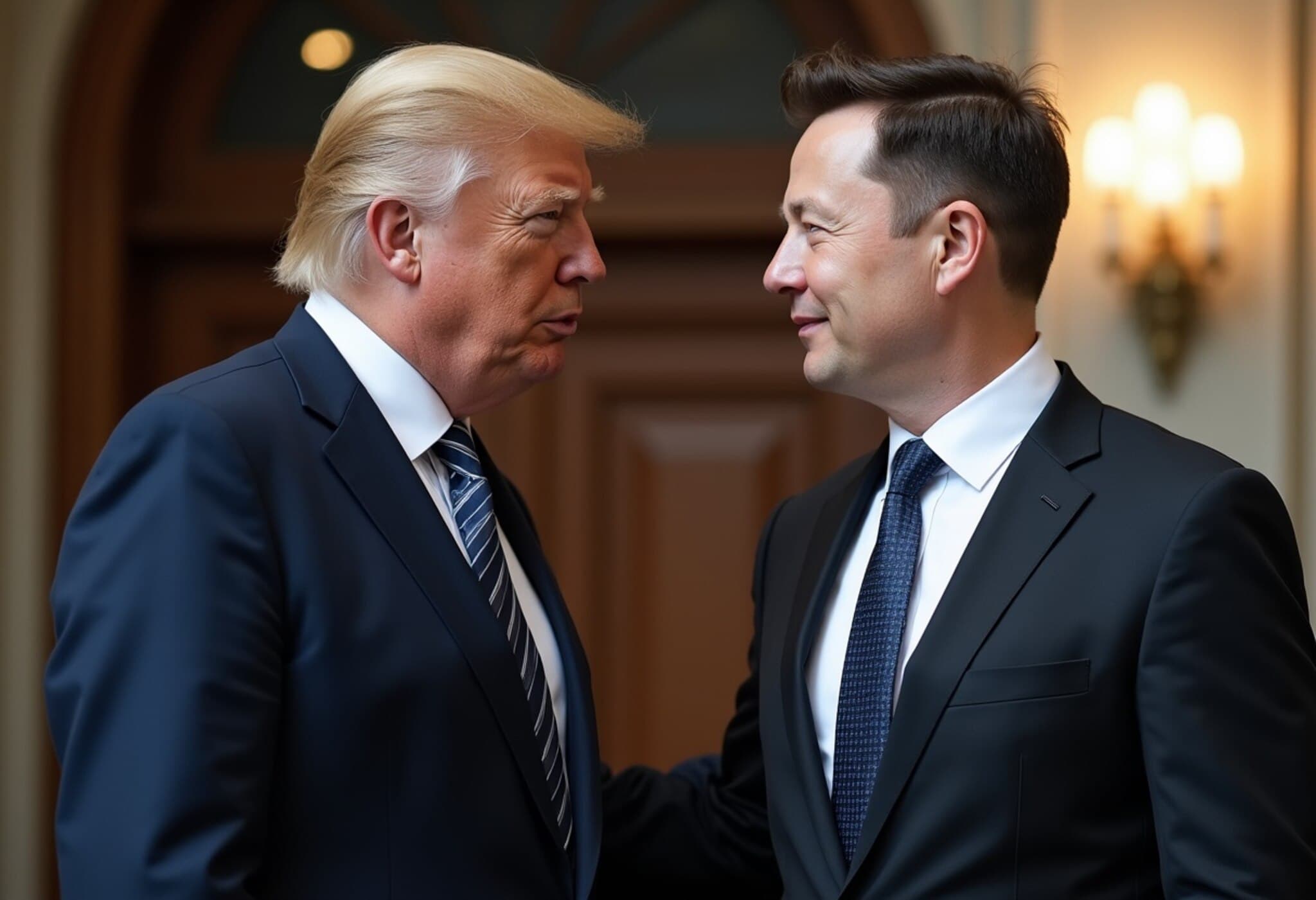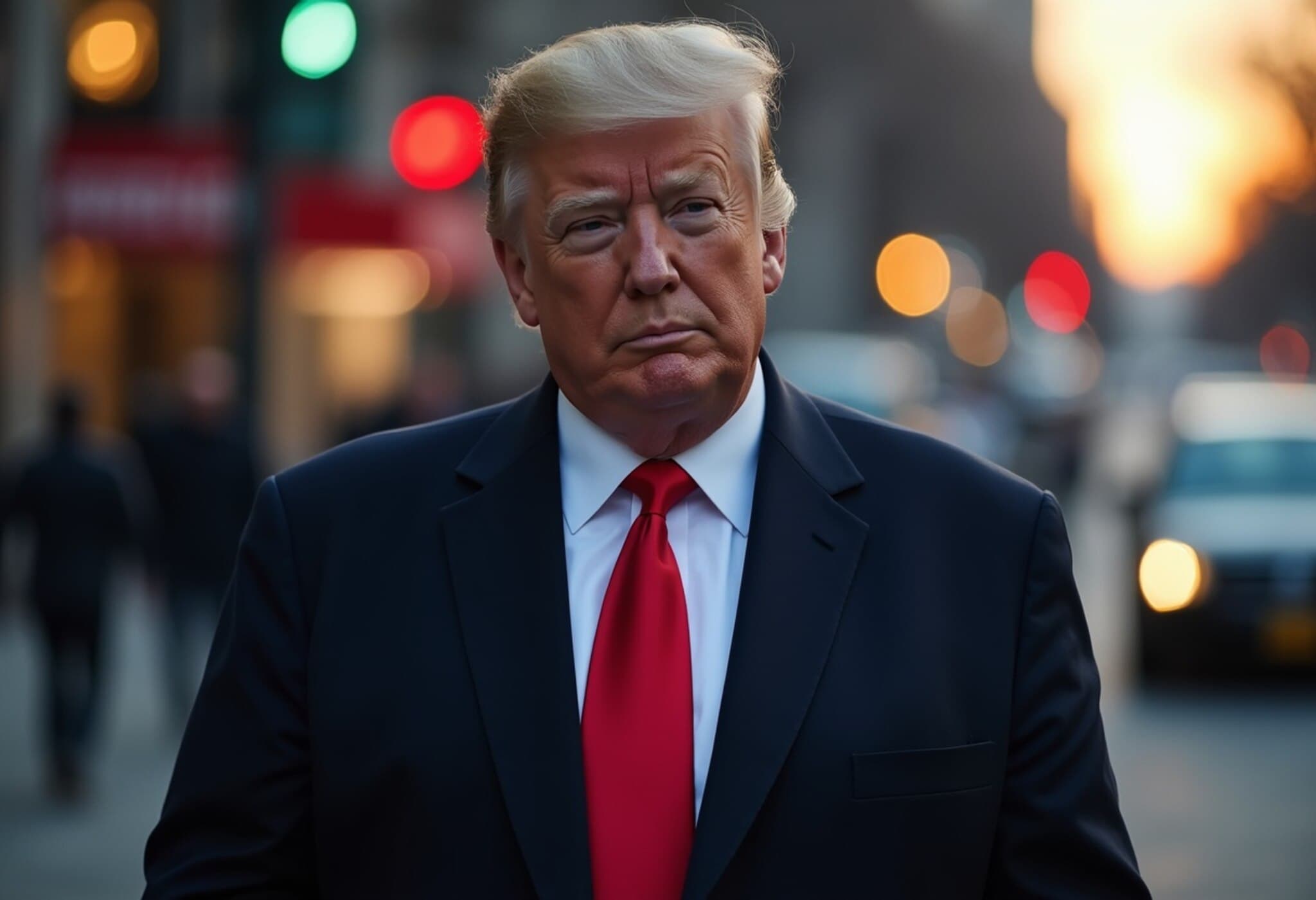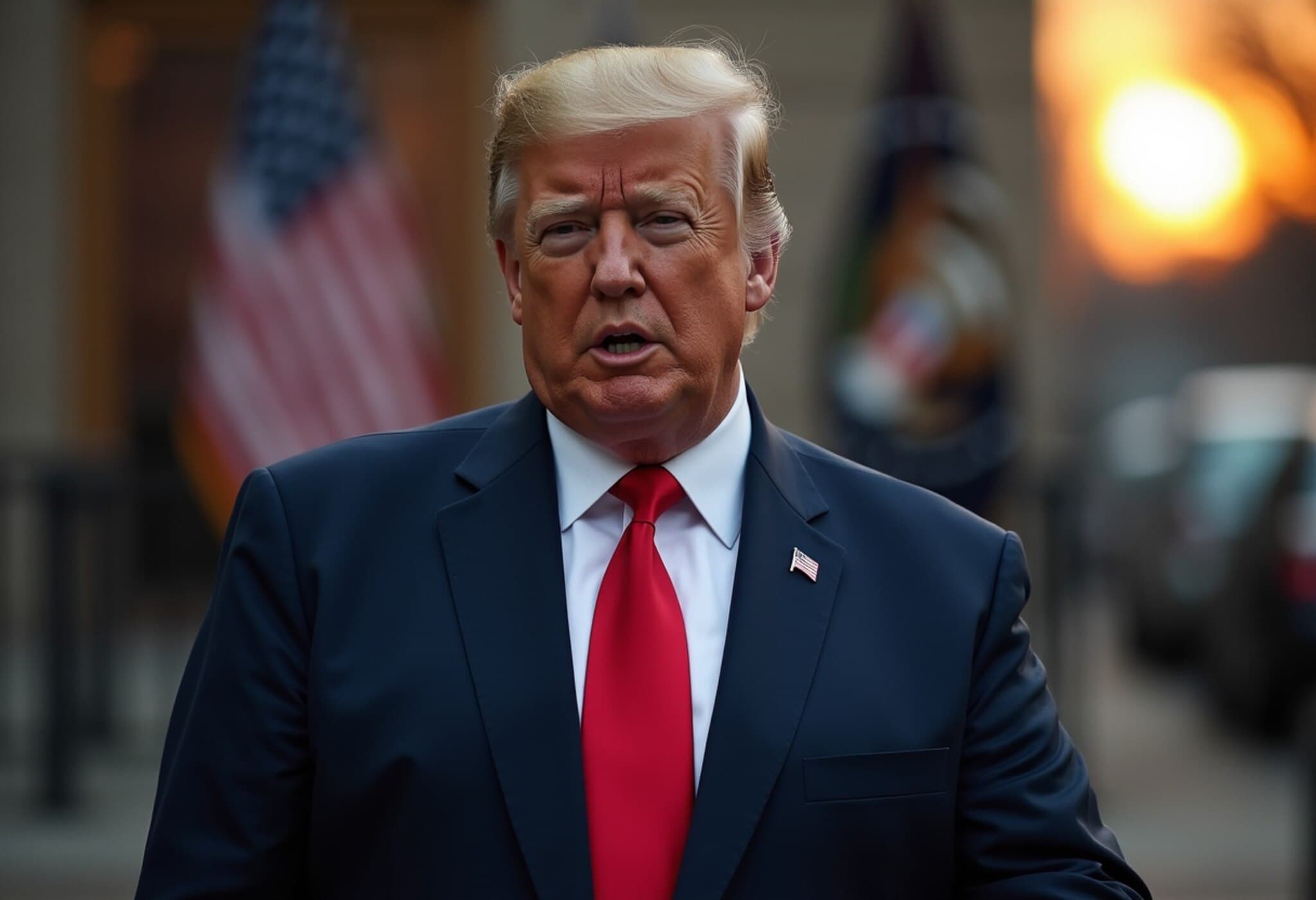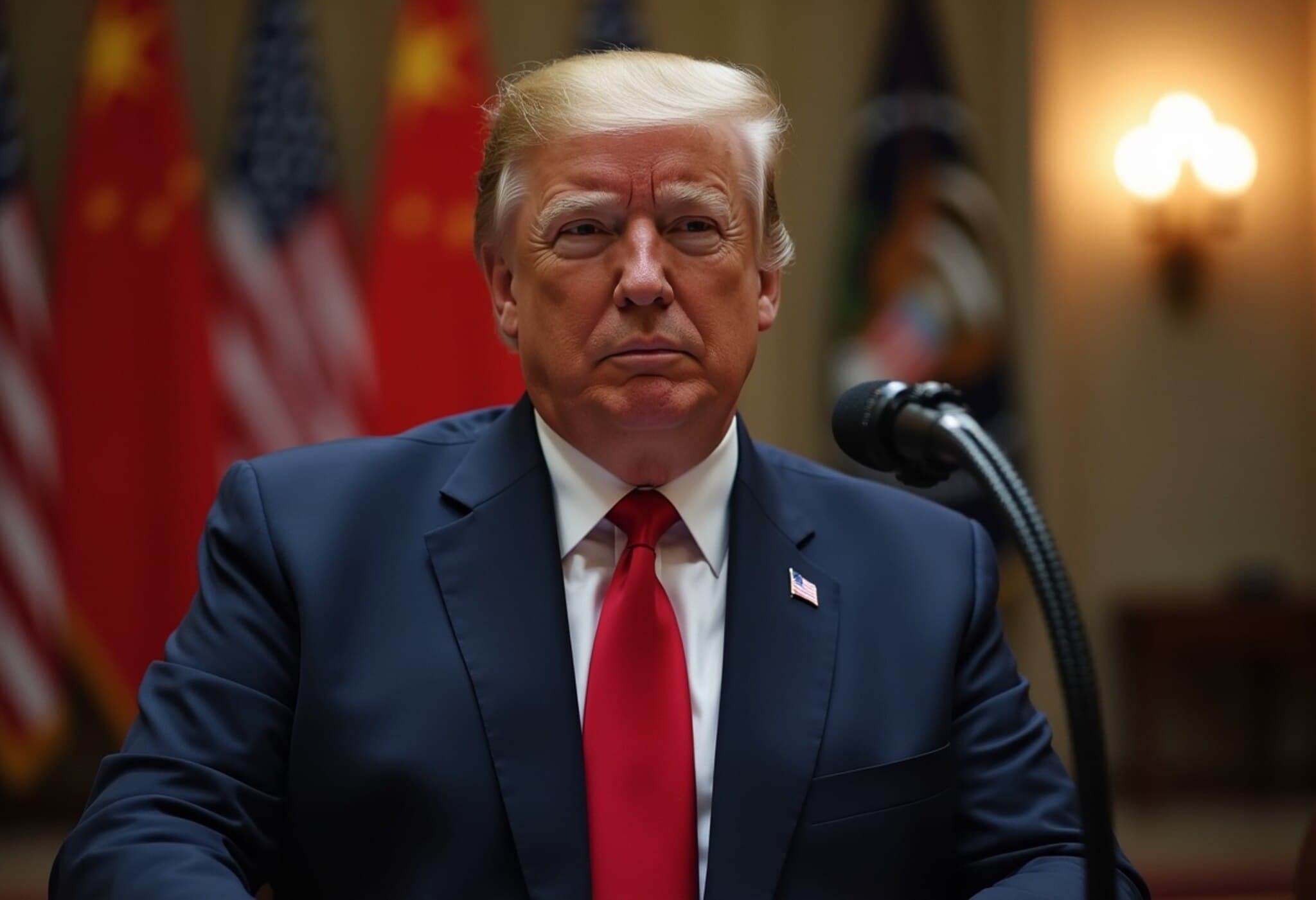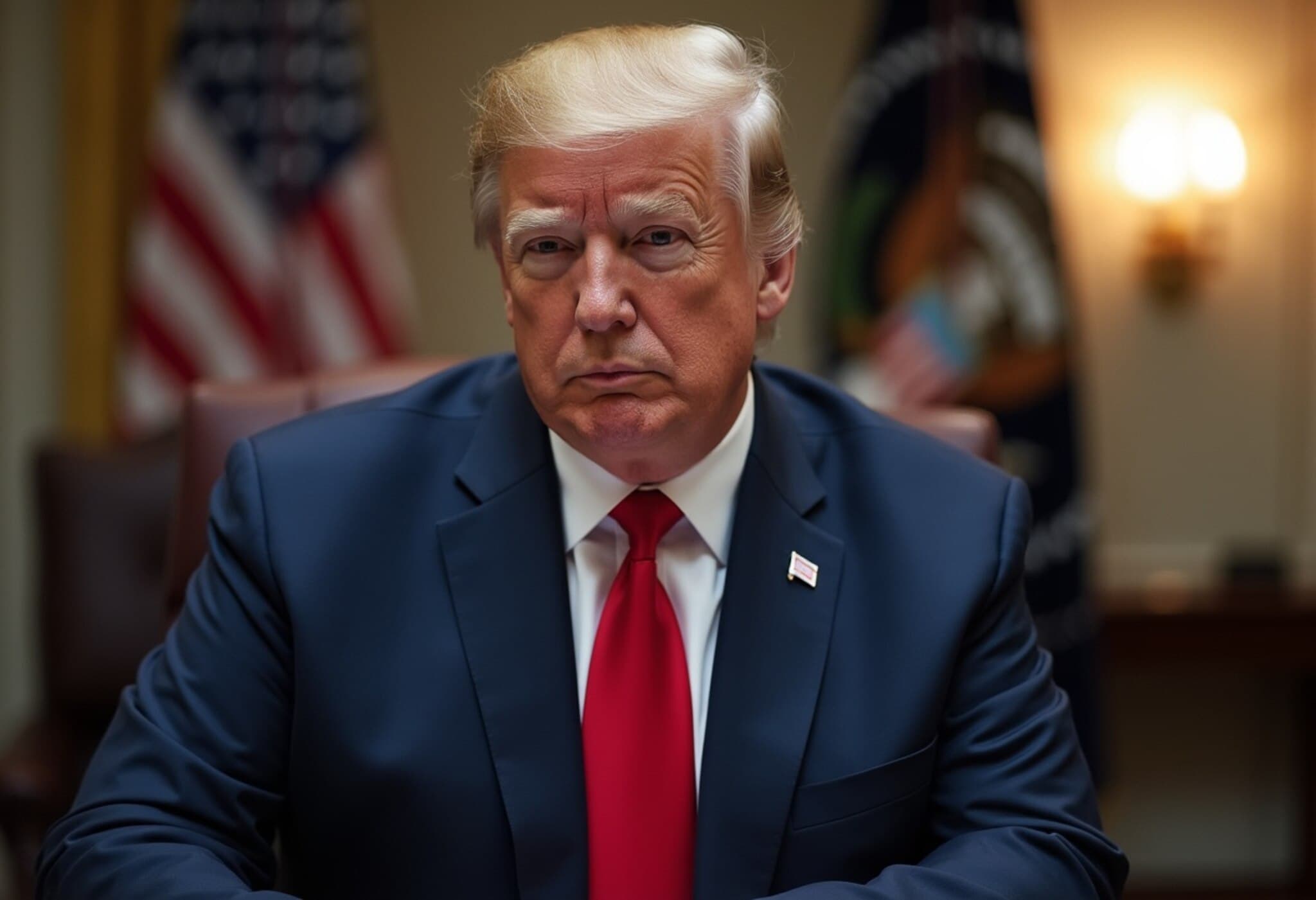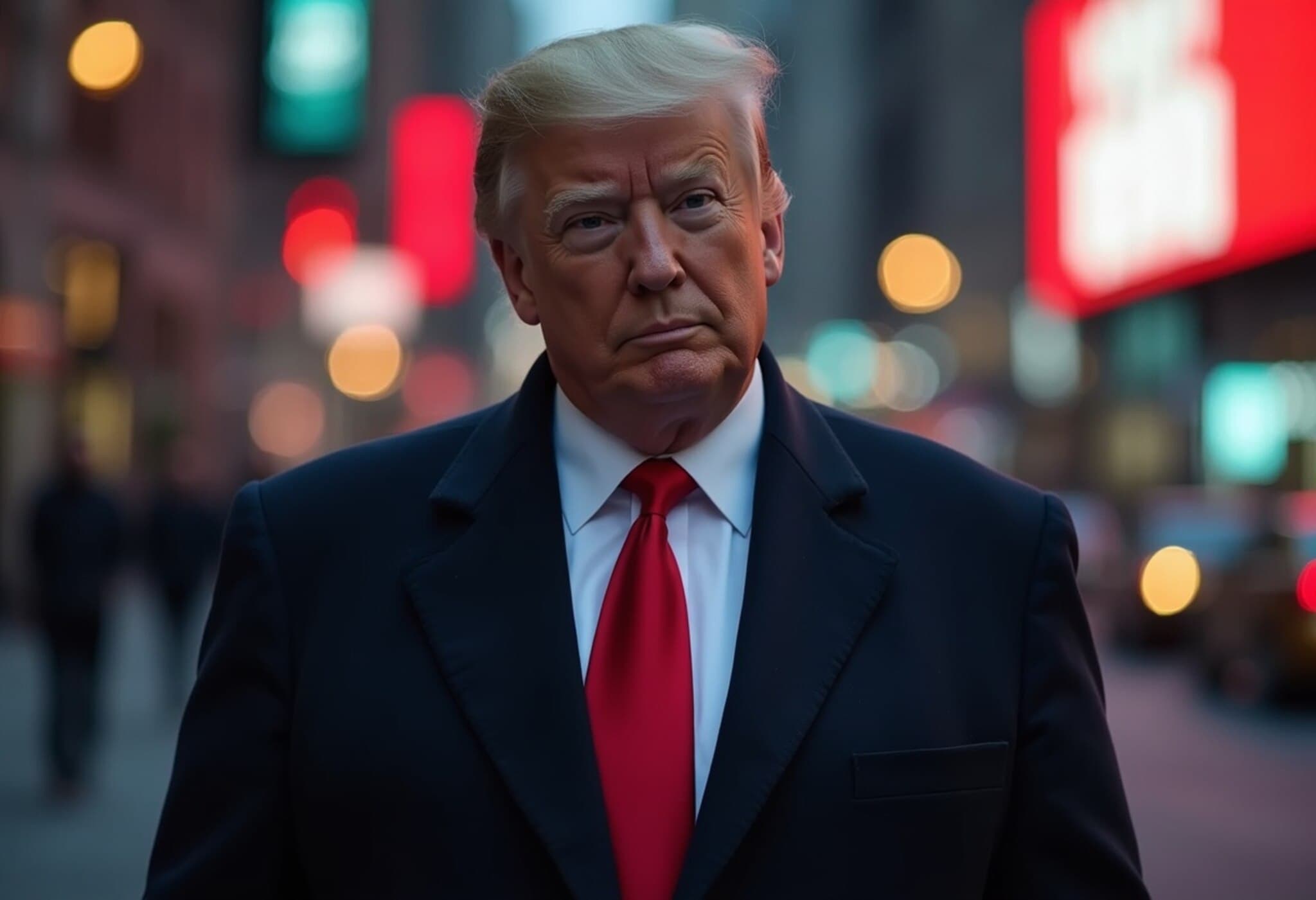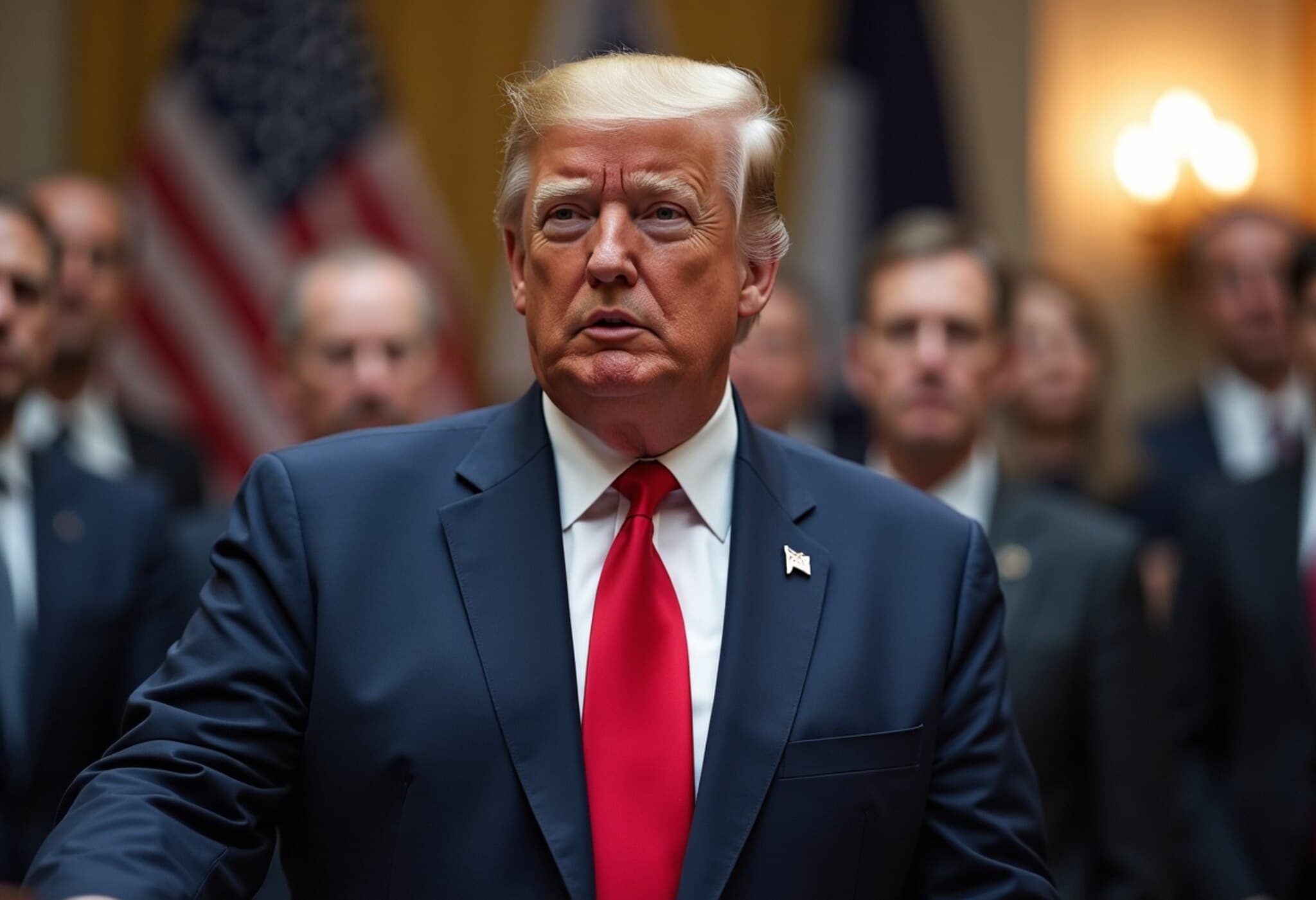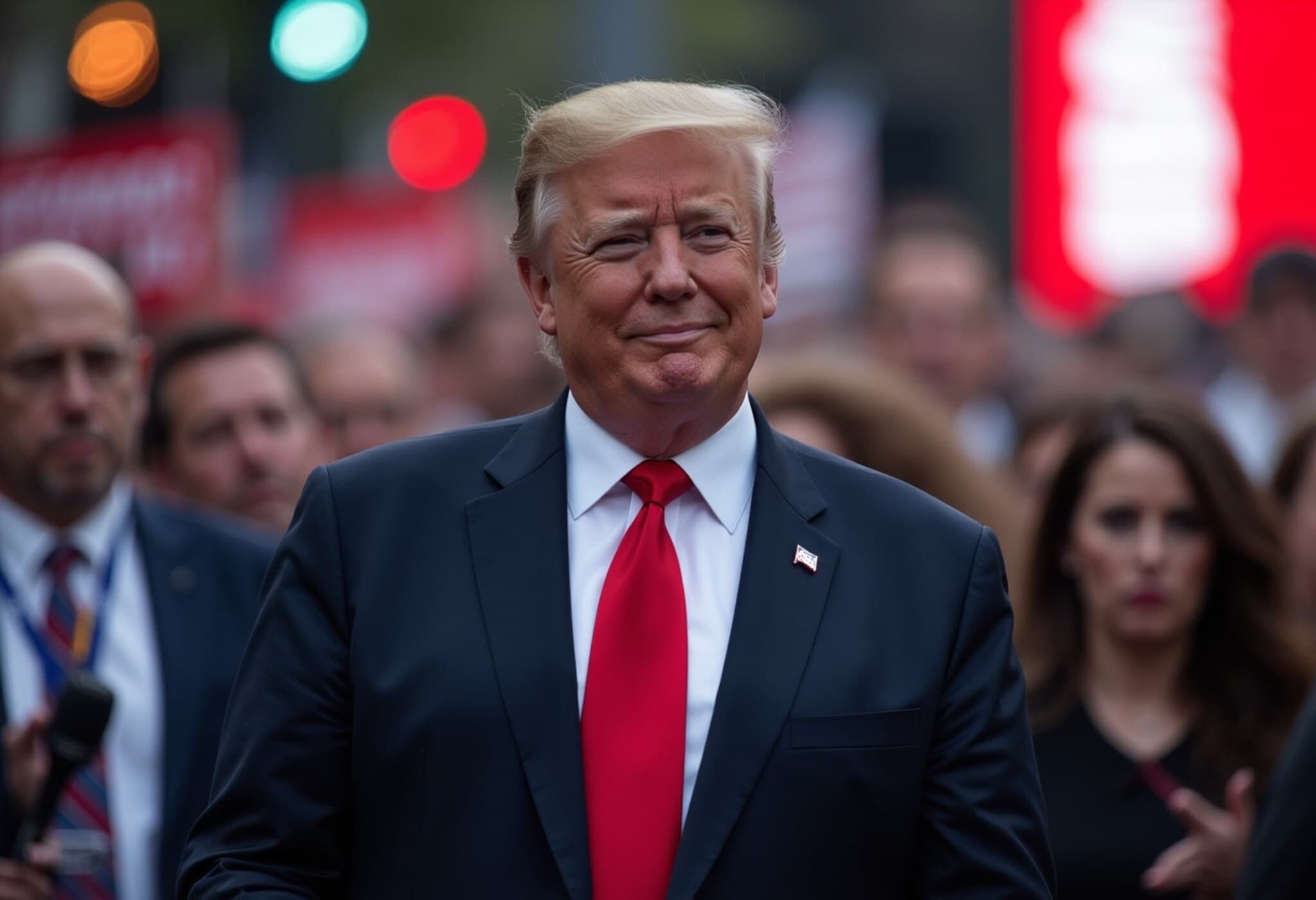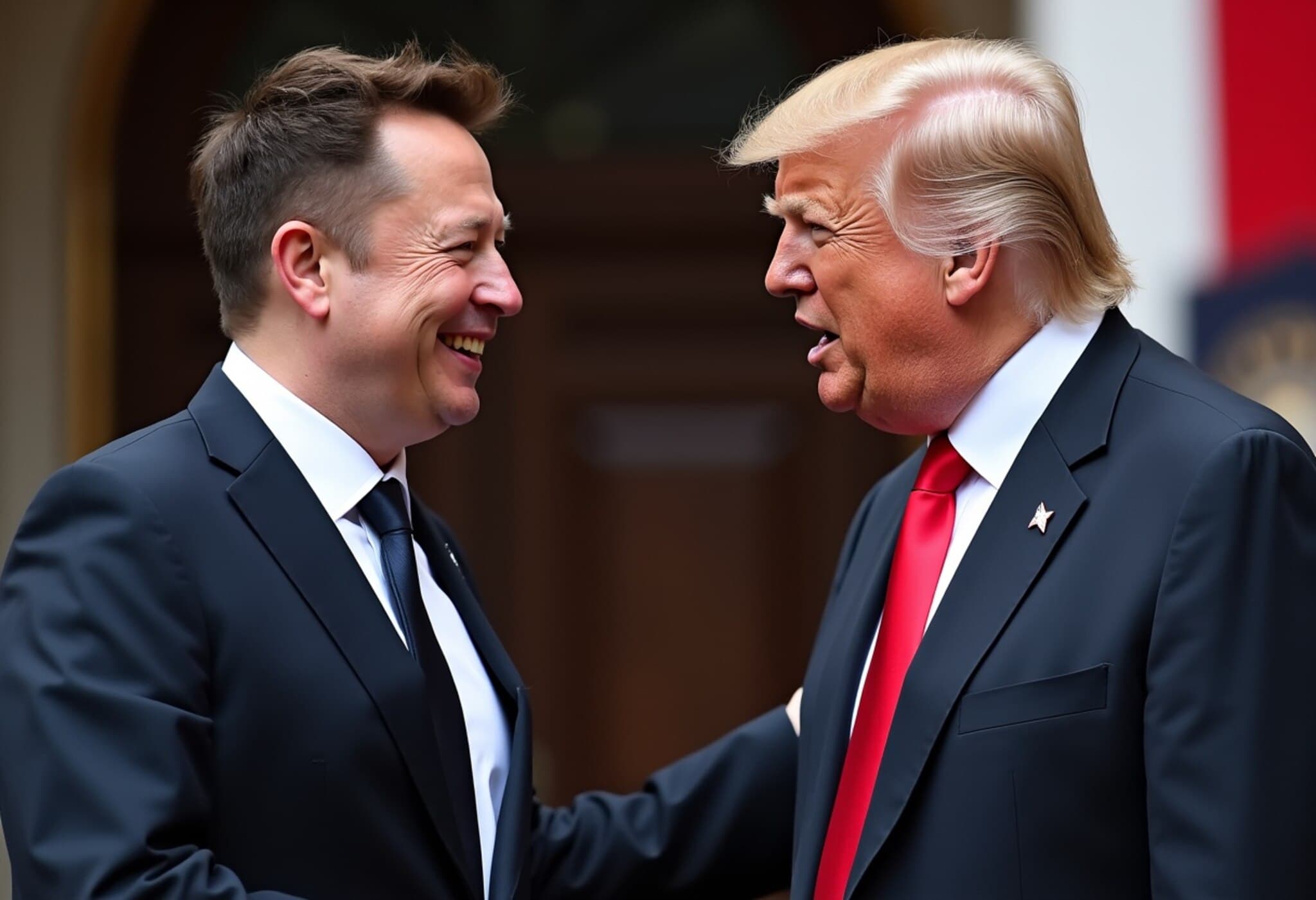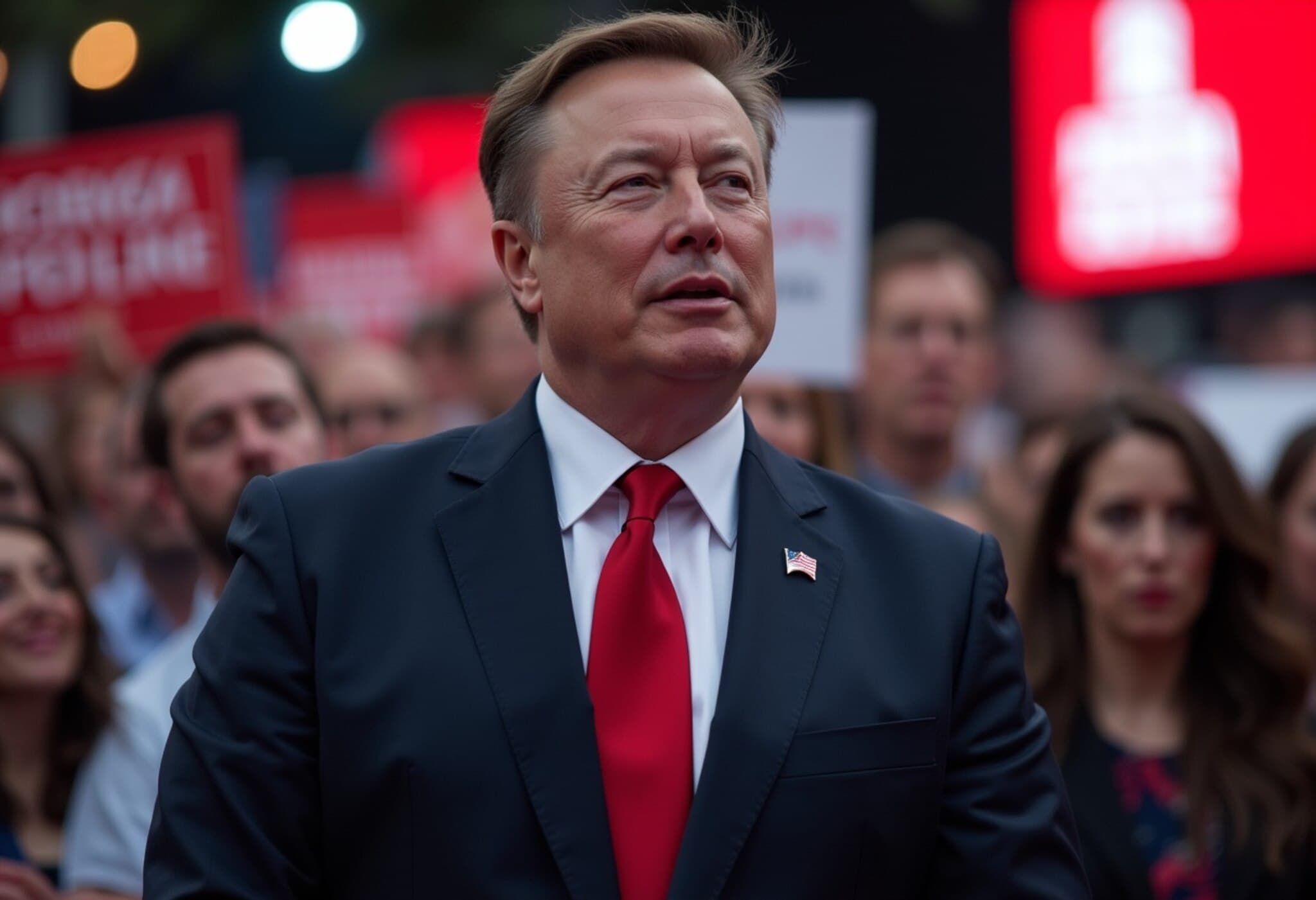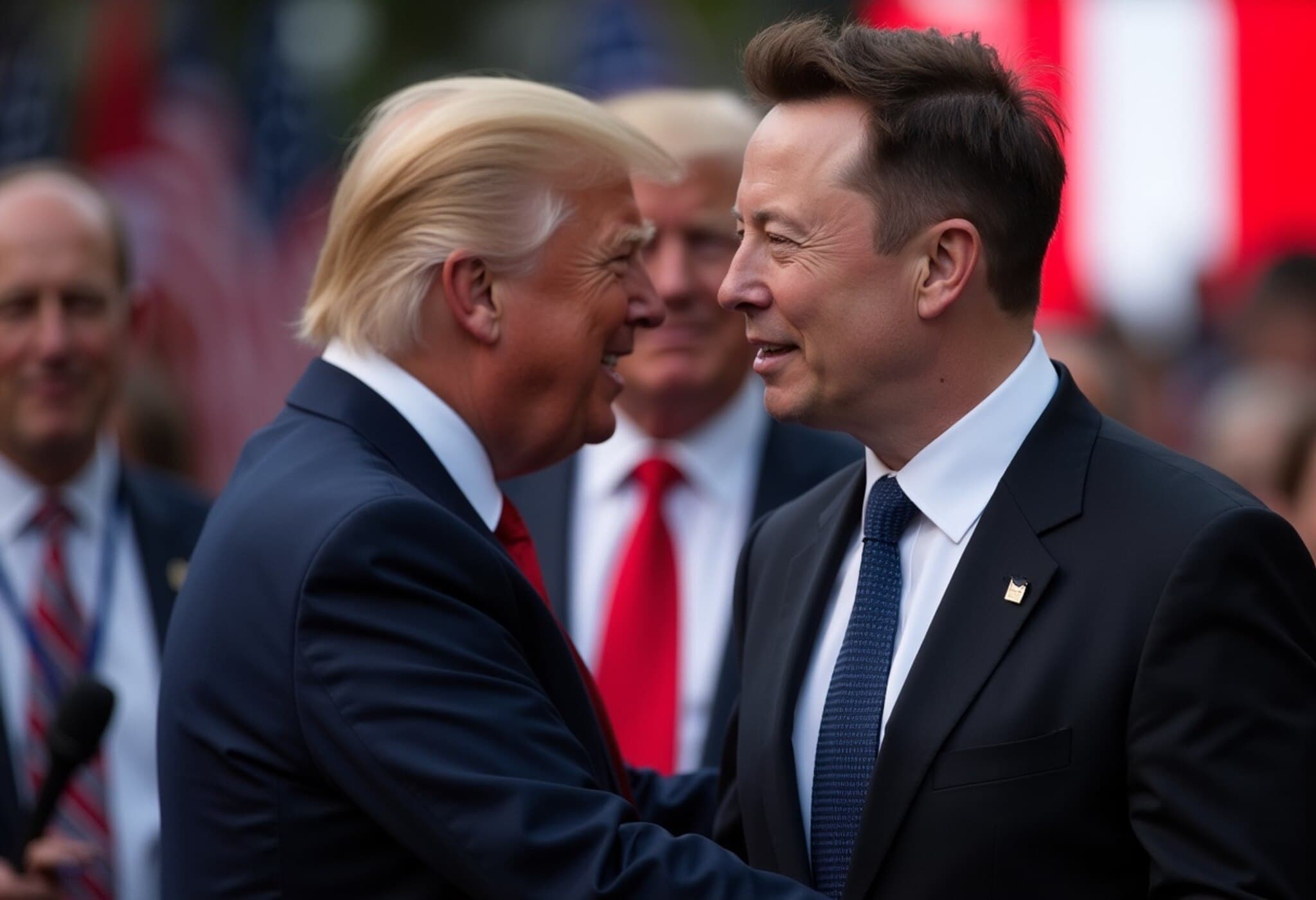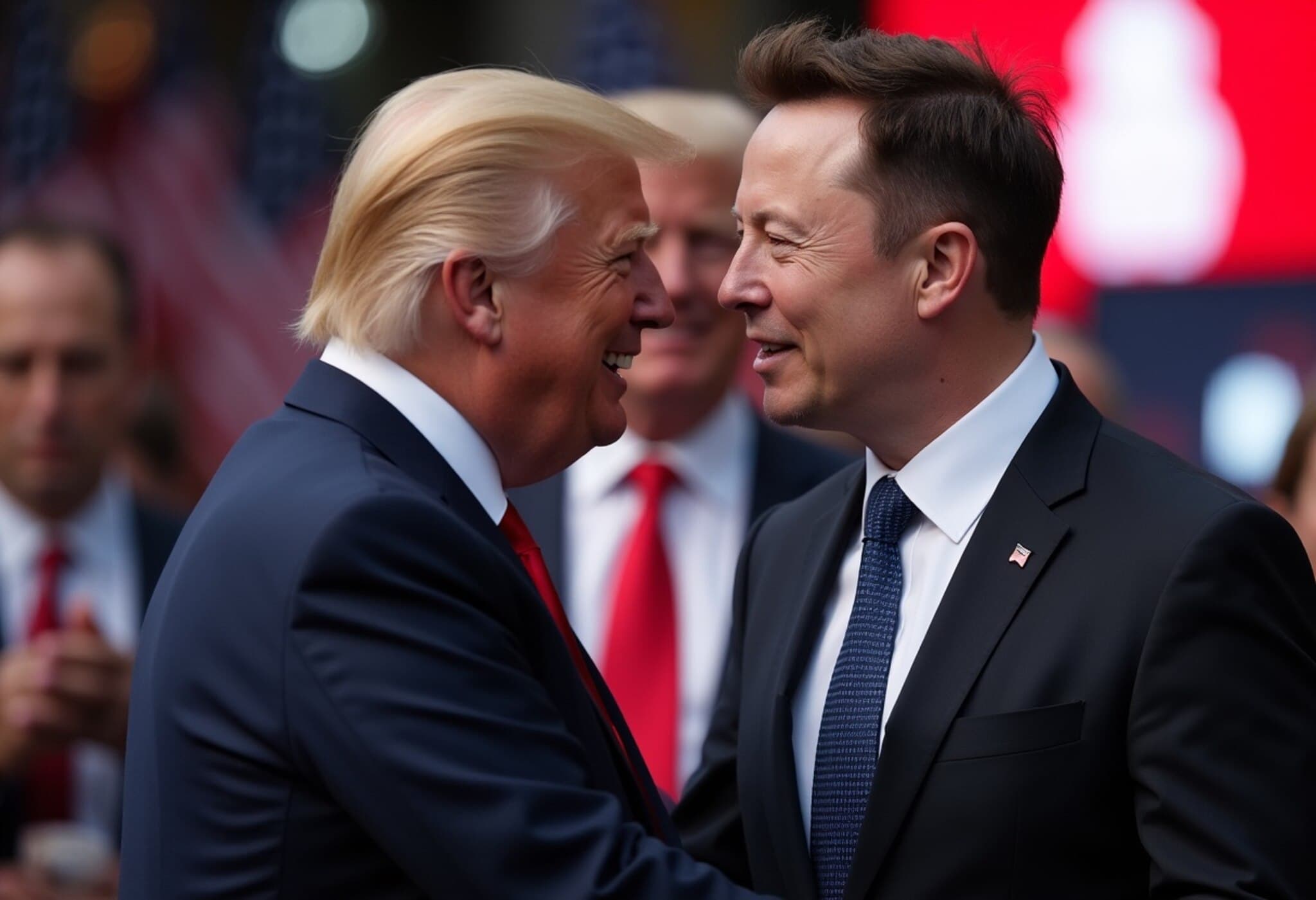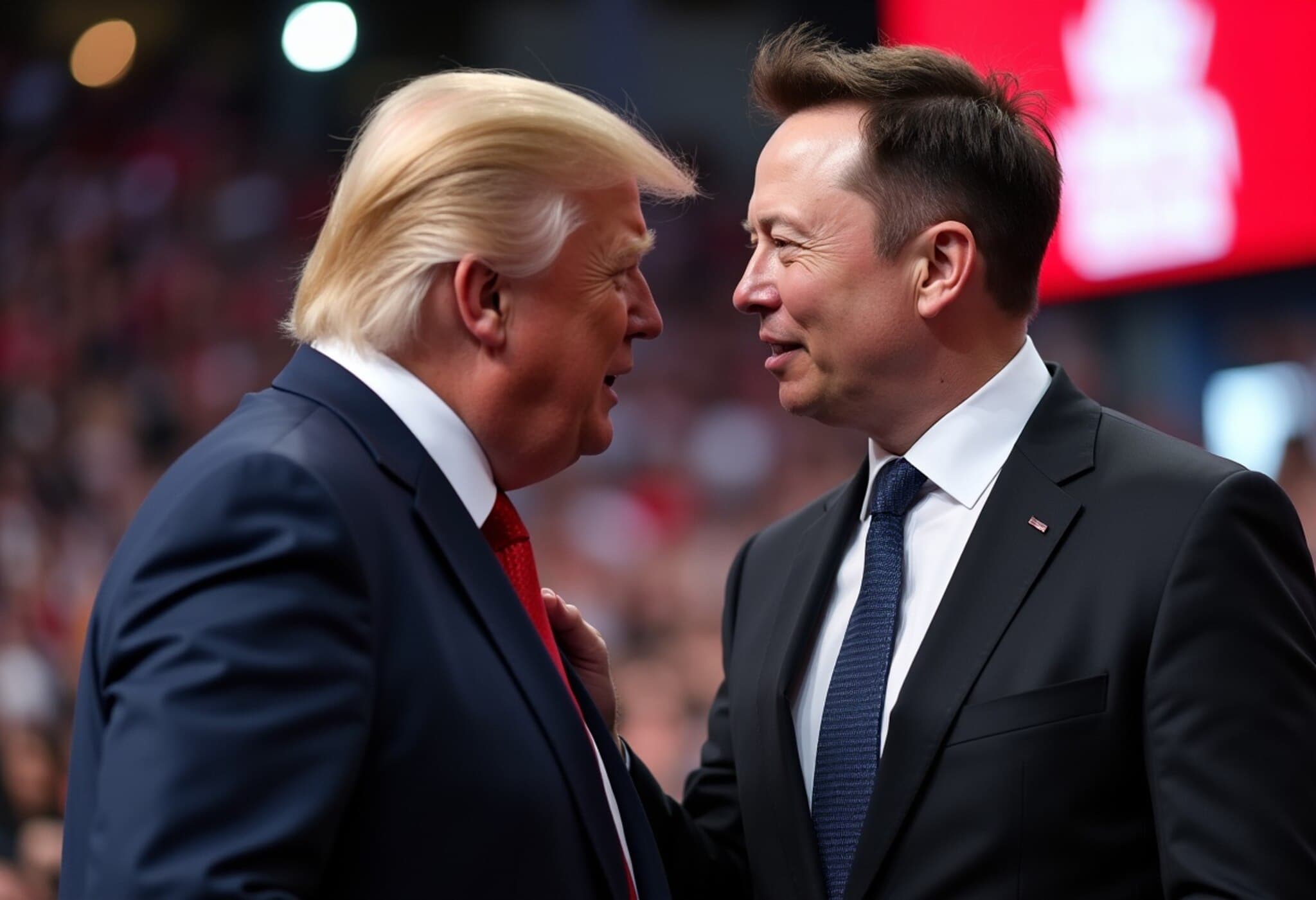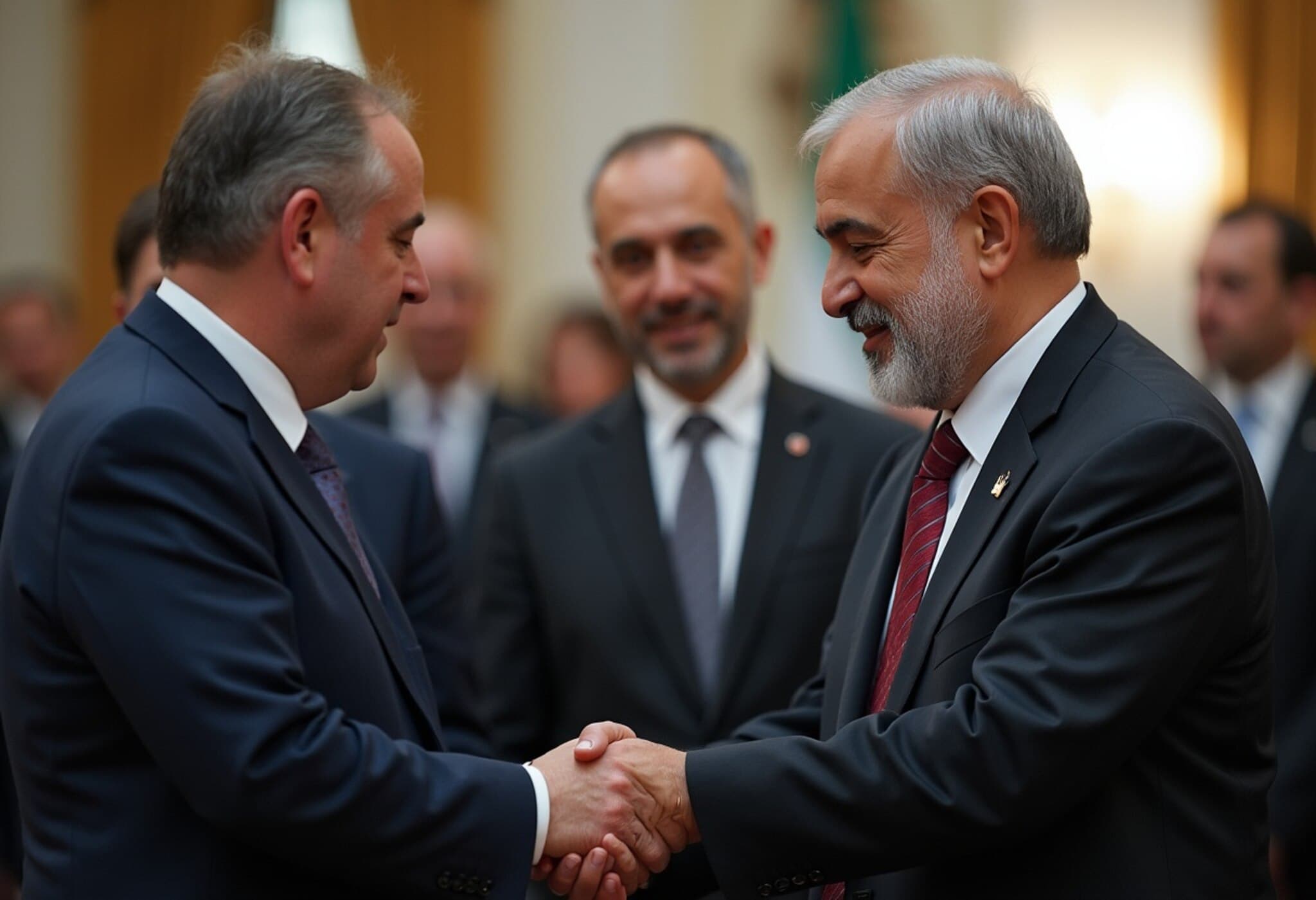Trump Clarifies Stance on Elon Musk and His Companies
In a surprising turn in the high-profile relationship between former President Donald Trump and tech billionaire Elon Musk, Trump has publicly dismissed claims that he intends to dismantle Musk's businesses by cutting government subsidies. The tension between the two captured public attention following a series of mutual criticisms that highlight the complex intersection of politics, business, and personal animosity.
Backdrop: From Collaboration to Conflict
At one time, Musk and Trump appeared to share a cordial alliance, especially during Musk's leadership in ventures like Dogecoin-related enterprises. However, fissures grew after Musk voiced strong opposition to Trump's sweeping tax-cut and spending legislation on the grounds that it would exacerbate the U.S. national debt, then nearing an alarming $36.2 trillion.
Following Musk’s campaign against the bill, which he labeled fiscally irresponsible, Trump initially stayed silent but later criticized Musk publicly, casting doubt on their previous rapport.
Trump’s Response to Allegations and Social Media Exchanges
On Truth Social, Trump pushed back against widespread speculation, stating:
“Everyone is stating that I will destroy Elon’s companies by taking away some, if not all, of the large-scale subsidies he receives from the US Government. This is not so! I want Elon, and all businesses within our Country, to THRIVE, in fact, THRIVE like never before!”
Despite Trump’s reassurances, Musk continued to criticize the former president openly, including controversial claims about Trump’s alleged ties with convicted sex offender Jeffrey Epstein — a provocative addition that has fueled ongoing tensions.
Financial Impacts: Government Subsidies and EV Incentives
Trump’s earlier threat to cut subsidies was grounded in his criticism of governmental spending. Last month, he commented that halting Musk’s contracts and subsidies was an "easy way to save billions of dollars" in the federal budget, lamenting that President Joe Biden had not pursued this savings opportunity.
The current political environment complicates Musk’s ventures. The tax and budget package signed by Trump curtailed the popular $7,500 federal tax credit for new electric vehicle (EV) purchases effective September 30, as well as a $4,000 credit for used EVs — incentives that were vital in accelerating the U.S. transition toward greener transportation.
Government Scrutiny of SpaceX Contracts
Adding another layer, reports surfaced that after the feud became public, the White House instructed the Defense Department and NASA to review SpaceX’s contracts worth billions. While framed as a routine audit, this move was widely interpreted as a strategic posture to possibly retaliate against Musk’s companies.
Expert Insight: The Stakes for Innovation and Policy
This unfolding dynamic reflects a broader tension in American policy: the balancing act between fostering groundbreaking technological enterprises and exercising fiscal responsibility. Elon Musk’s companies, from Tesla to SpaceX, symbolize innovation driving economic growth and national prestige. Yet, their reliance on government subsidies presents a complex challenge for policymakers.
According to economic analyst Dr. Linda Chen, "The politicization of subsidies risks destabilizing the innovation ecosystem. Musk’s leadership is often controversial, but the dialogue shouldn’t overshadow the larger debate about sustainable public investment in emerging technologies." This debate resonates especially as the U.S. grapples with maintaining global technological leadership amid budgetary pressures.
Broader Implications and Future Outlook
The Musk-Trump saga underscores how personal conflicts among influential figures can eclipse critical policy discussions that affect millions of Americans. For consumers, the rollback of EV incentives may slow adoption rates, potentially impacting climate goals. Meanwhile, SpaceX’s government contracts are essential to national security and space exploration ambitions.
Observers now ask: Will political grudges influence vital decisions, or will pragmatic governance prevail to support innovation while curbing fiscal waste?
Summary Box: Key Takeaways
- Trump denies intent to dismantle Elon Musk’s companies despite earlier threats to cut subsidies.
- Severe disagreements over tax and spending bills strained relations.
- Reduction of EV tax credits could impact green technology growth.
- Government reviewing SpaceX contracts amid political tensions.
- Experts emphasize the need to separate personal conflict from policy decisions affecting innovation and economy.
Editor’s Note
This evolving story between a former president and one of the world’s most influential entrepreneurs sheds light on the delicate interplay of politics, economics, and technological advancement. As public discourse heats up, readers should consider not only the personalities involved but also how such disputes can shape national priorities on debt, innovation, and environmental policy. In a democracy, ensuring that personal battles do not eclipse pragmatic policy-making remains critical for the national interest.

